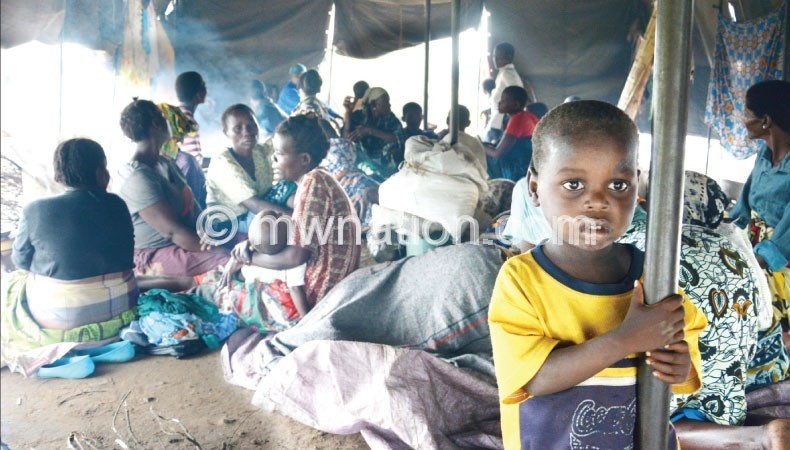WHO to help prevent cholera in Malawi, Mozambique
The World Health Organisation (WHO) regional office for Africa has intensified country support to prevent cholera from reaching internally displaced persons’ (IDP) camps along the border of Malawi and Mozambique.
Since January 2015, extensive flooding has caused 230 000 IDPs to live in refugee camps and temporary shelters.
 WHO said in a statement that as of March 2 2015, there were 55 cases of cholera and two deaths confirmed by Ministry of Health.
WHO said in a statement that as of March 2 2015, there were 55 cases of cholera and two deaths confirmed by Ministry of Health.
Reads the statement in part: “All of these cases have been identified outside IDP sites. Several cases have been linked to the Jambawe area in Mutarara District, a gold mine in Mozambique 10 kilometres from the Malawi border, where many Malawians work.
“The WHO offices in Malawi and Mozambique are facilitating cross-border meetings for the ministries of Health in the two countries to agree on a common approach to prevent the outbreak from spreading further.”
According to the statement, in Malawi WHO, Unicef, Medicines Sans Frontiers (MSF), Save the Children Fund and the Malawi Red Cross have mobilised and prepositioned cholera kits in all cholera-prone districts.
It further highlights that health promotion and water sanitation and hygiene (Wash) interve-ntions are being intensified through district health management teams and the relevant partners at district level to prevent the disease reaching the camps.
Cholera can kill within hours if left untreated and thrives in areas of overcrowding, scarcity of safe water, poor sanitation and waste management, poor nutritional status as a result of food shortages, and poor access to healthcare services.
People with low immunity such as malnourished children or people living with HIV are at a greater risk of death if infected.
Primary prevention is possible by observing a few simple rules of good hygiene and safe water and food preparation.
These rules include thorough washing of hands with safe water and soap, especially before food preparation and eating, thorough cooking of food, and consumption while hot (“boil it, peel it or leave it”), boiling or treatment of drinking water, and use of sanitary facilities.
–Reporting by MARY MAKHIRINGA





